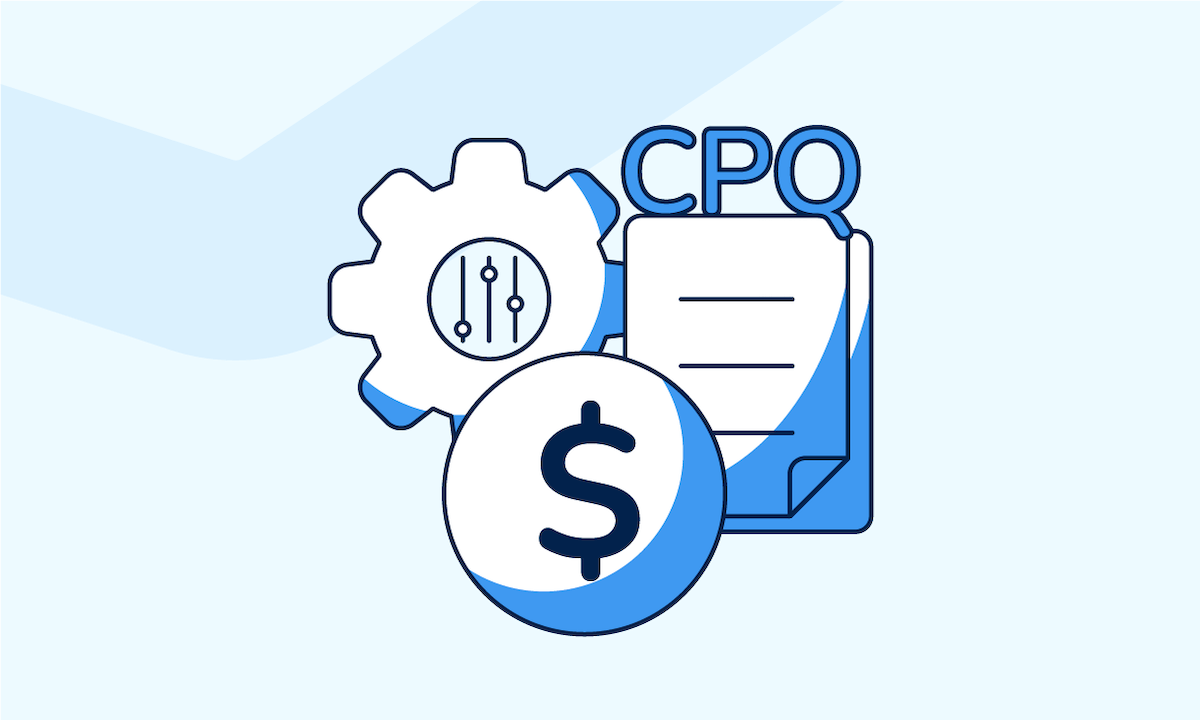Businesses of any size face risks on a daily basis, but small businesses are the ones that have the most to lose. True, they don’t have extensive resources or assets, but if anything disrupts their activity, they will most likely lose momentum. This can prove fatal for a business in its incipient stages.
Plus, when you have to stretch a tiny budget over several departments every penny counts and every delay can put you in an uncomfortable position. This is why small businesses need to act with a lot more caution than the ones who can afford to take a hit.
In an effort to help out startups and beginner entrepreneurs, we put together a list of the most common threats small businesses tend to face. So if you want to keep your investment safe, make sure to keep reading!
1. One source of revenue
It’s almost a given that small businesses won’t have a huge customer base, especially at the beginning. However, you should do your best to diversify your client portfolio or increase your revenue sources via alternative methods.
Otherwise, you risk having cash flow problems if one of your customers skips a payment or if they decide to cancel your service. It helps to think of your business like you would have a stock portfolio – you need variety to ensure things won’t go all tumbling down with one small hiccup in the market.
Unfortunately, it’s quite common to feel comfortable with just a few recurring customers. After all, finding new ones is costly and keeps part of your human resources busy.
Still, if you get in the mindset to always be looking for new customers, things will go smoother in the long term. Not to mention, you will be able to create an extensive network and spread awareness of your brand a lot faster.
2. Your personal finances, e.g. credit score, could affect your business
Keeping your personal and business accounts separate is a good business practice, but it’s not always possible. For instance, when you first get things going, you will most likely make a personal investment into your startup. Additionally, if you incur medical bills, such as for X-rays and CT scans, it’s important to keep track of which expenses are personal and which are business-related to avoid confusion during tax season.
If your credit score is bad, you may have a tough time getting an investor or a loan for your business. Also, if you have bad financial habits, these may translate into how you do business.
If buying a vehicle is on your agenda—and it should be!—choose one with affordable insurance rates. By being selective about the type of car you buy, you can save money that would otherwise be spent on insurance premiums. For example, if your car is older than 10 years old, it may not be worth insuring because the premiums will be quite high.
So before you venture into a new business adventure, make sure you can keep track of your personal finances. You can do this with an app like SoFi’s credit tracking where you can monitor all your lines of income and get a bird’s eye view of all your accounts’ balances.
Plus, you can use the app to monitor your credit score for free, track your spending, and even build a financial plan for yourself. Of course, you can do the same with your business’s finances, which is a very good habit to have.
3. Customers could issue a chargeback fraudulently
Chargebacks were designed as a form of protection for customers against merchant fraud or mistakes. However, this opened the door to a new type of fraud, where customers file false chargeback claims in the hope that the merchant will fold.
Sadly, this may happen since small businesses often don’t have access to specialized legal advice. But you are not out of options. If you know the claim is fraudulent, and if you can prove it, you need to send the evidence to the card issuer (usually, a bank).
This is called chargeback representment and allows merchants to protect themselves against fraudulent claims. You can learn more about the process of chargeback representation on this page.
However, if a customer issues a chargeback, even without having a real reason, your cash flow will still be affected until the issue is resolved. Not to mention the extra stress this situation creates.
4. Time wasters
As a small business owner, you wear quite a lot of hats. While you may have a few trusted employees around, you will always be the one making the decisions, talking with the customers, signing the contracts, and placing orders.
You are also in charge of making sure employees get paid on time and fair, and you are the one running around to make everything happen.
Overall, the job is extremely demanding and time-consuming. Still, due to advanced technology, nowadays there are apps and software products you can use to carve yourself a bit of time.
Let’s take online contract signing as an example. Instead of going to a business partner’s office to sign a piece of paper, you can keep the entire process paperless, safe, and fast by using the right app!
5. Business disruptions
Did you know that your business operations could stop tomorrow? You never know when a natural disaster will hit or whether the economy will take a hit. For instance, right now, businesses everywhere suffer because of the supply chain crisis (which is expected to continue).
So don’t go around thinking nothing could affect your business. Have a backup plan for this scenario and some savings to keep the lights on for when you’re not producing.
6. External and internal cyber threats
Personal data is one of the most valuable commodities in today’s world, and cyber attackers know that small businesses don’t have much of a security system. Plus, data leaks and identity theft are a form of business fraud that can put your business’s reputation in danger.
What’s even more disheartening is that the threat doesn’t always have an external source. Whether it’s accidental or intentional, the human factor remains the weakest link in a business’s security chain.
To avoid any issues and keep your reputation (and finances) intact, invest in a good security system or hire credit protection services early on. Also, make sure your employees are trained in preventing cyber-attacks and understand the gravity of the situation.
Key takeaways
Small businesses and startups are more vulnerable to market fluctuations, cyber-attacks, and customer fraud than businesses with more resources and an established market presence. This is why it’s best to be cautious in the beginning and build various protection and backup systems that can help dim down the effect of an unfortunate event.





